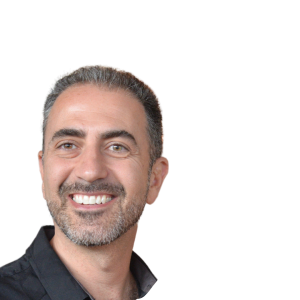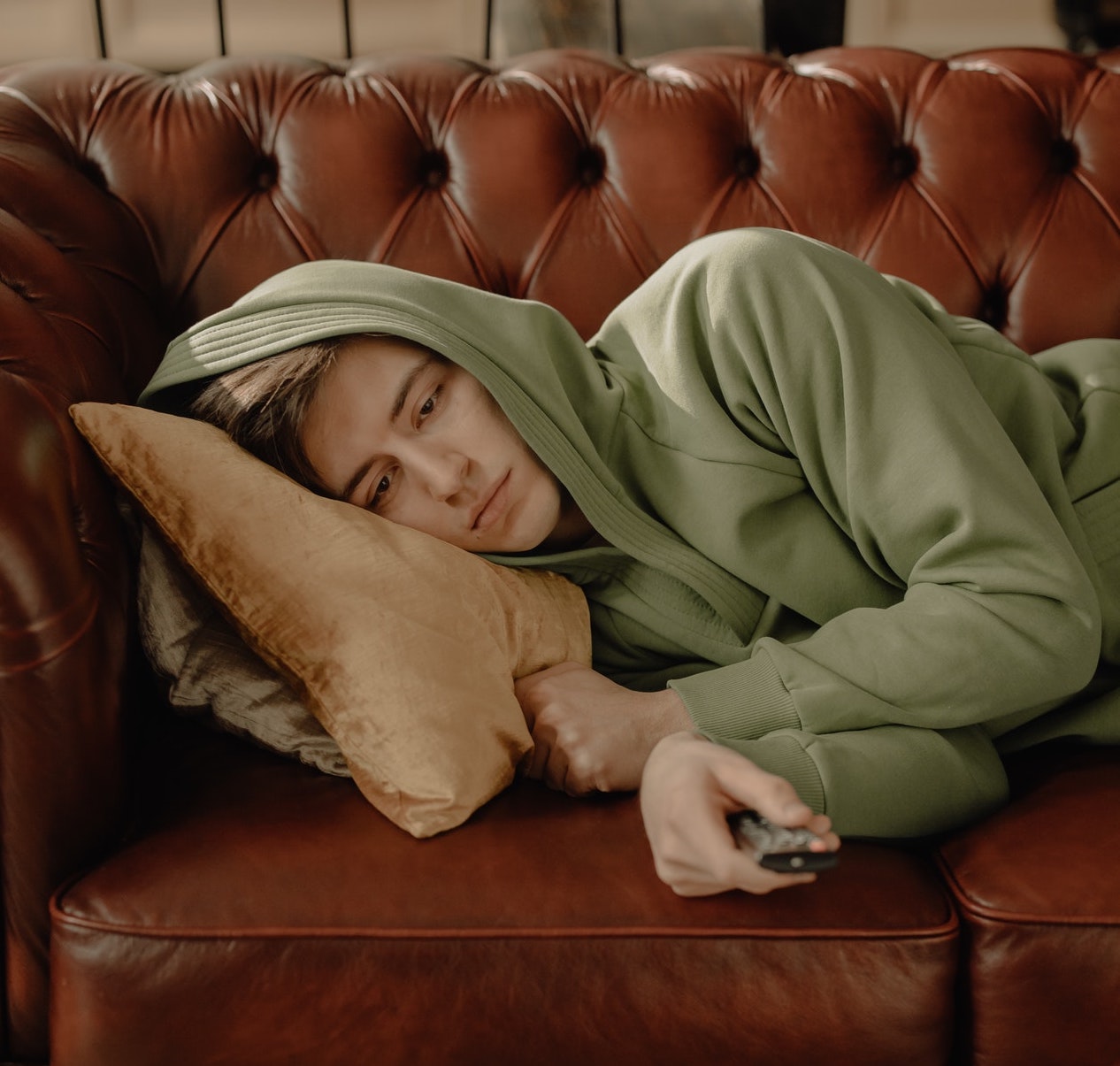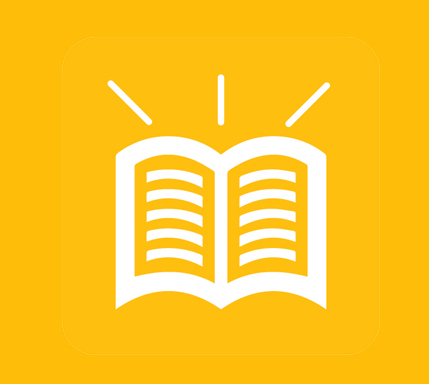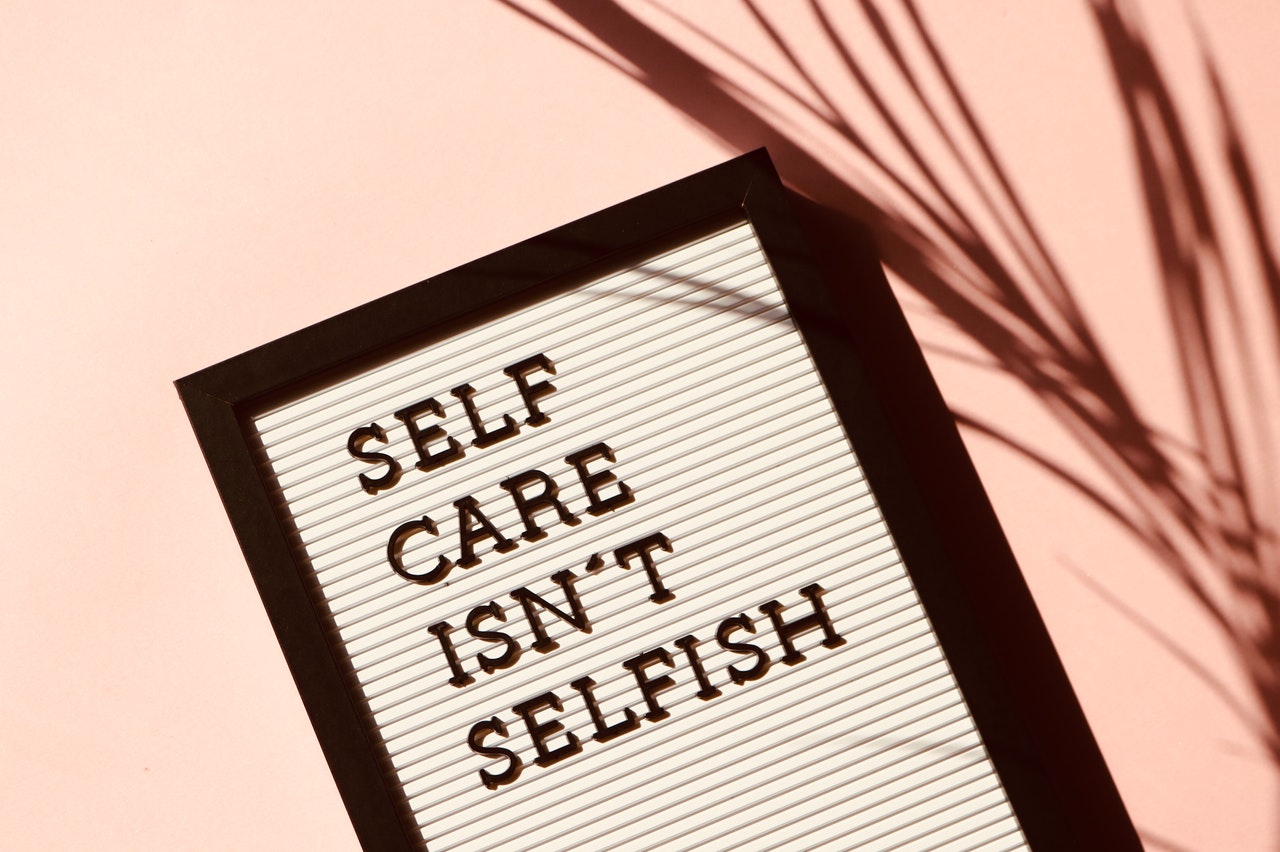What’s Your Why?
 Written by Ramsey Khasho, PsyD
Written by Ramsey Khasho, PsyD
“There’s a great irony when we need help to actually help someone who is struggling with the same thing as us, and it is the most healing thing we can do.”
– Simon Sinek, author and inspirational speaker
During this seemingly never-ending slog that has forced us to question and second-guess everything we thought we knew about the world, I never doubted this: I was put here on this earth to help people. Granted, there were days, weeks, maybe even months over the past year-and-a-half where it was hard to even open my laptop for the millionth Zoom meeting, let alone save the world. (Even the power of my “You Got This!” coffee mug wore off eventually.) But there is a force larger than myself at play here, reminding me that it is in fact by helping others that I help myself. The knowing that nothing fills my heart and warms my core as much as supporting someone else. Yet it’s not selfishness that drives me to pursue this work; it’s science.
The great Dr. James R. Doty, neurosurgeon, neuroscientist, inventor, entrepreneur, author, and philanthropist dedicated to the science and application of compassion, shared this at CHC’s Voices of Compassion event last fall: “Neuroscience demonstrates to us that those parts of our brain that are associated with reward actually increase their metabolism when an individual is being compassionate. So that when an individual reaches out and helps another person, it makes that person feel good…When each of us helps another it actually helps ourselves.”
Why, then, is there such a shortage of mental health providers in the country?
According to an American Psychological Association poll of nearly 1,800 psychologists, nearly three-quarters said they were seeing more patients with anxiety disorders compared with before the pandemic, and 60 percent said they were seeing more patients with depressive disorders.
Even before COVID-19 became a household name, there was an urgent need for increased access to mental health care. Now, according to the Steinberg Institute in California, the situation is so dire that an astounding two-thirds of all primary care providers in the U.S. say they have trouble finding mental health specialists to refer their patients to.
CHC, like most other mental health agencies, is seeing the effects first-hand as demand for our services threatens to outweigh supply. We know that when you have a mental health need, it can’t wait, and early intervention is key to successful treatment. We are fervently recruiting more gold-standard professionals to meet the increasing needs of our community. With so many other organizations on a similar hiring spree, we needed to take a step back, look in the mirror and figure out our “Why?”
Author and inspirational speaker, Simon Sinek, popularized the concept of “Why?” in a 2009 TED talk that became the third most watched on TED.com, with over 56 million views and subtitles in 47 languages. He wanted to figure out why some organizations are able to inspire and others aren’t. What he realized was this: it’s not about what you do or how you do it, but why you do it that matters. In other words, why does your organization exist, and why should anyone care?
We know why our clients come to CHC: because comprehensive and integrated care is best for children, teens and young adults with mental health and learning needs, and yet it’s so hard to find. But why should a talented, highly sought-after mental health clinician put CHC’s offer letter at the top of the pile? In order to figure out our value proposition for a prospective new hire, we needed to figure out why our existing staff members chose CHC. So we asked them, “What’s your why?”
We knew we had an all-star roster filled with dedication, passion and expertise. But still, we were blown away by their responses. Here are some of the highlights:
I grew up not knowing healthy boundaries, not being pushed to my full potential, and in a tough neighborhood, having to find motivation to get out and be successful. I decided that I wanted to help others, like a mentor helped me when I got to high school. A positive adult figure in my life made a world of difference and I want to be that for someone. —Vaneza Alvarado, AMFT
If I help or have helped even ONE KIDDO become more comfortable in their own skin, access their confidence and discover their power, I’ve had a successful time at this wonderful place that is CHC. —Andrea Chase
I went into medicine knowing I wanted to go into psychiatry and study the brain mechanisms responsible for psychiatric and behavioral disturbances. In my nearly 15 years at CHC, I have no regrets. The mutual respect across disciplines and ability to use quite different areas of expertise to diagnosis and treat complex cases is extraordinary. —Glen Elliott, PhD, MD
I was diagnosed with dyslexia and dyspraxia way back in first grade and it took a huge toll on my self-esteem. I have always been so grateful for the teachers I had who not only caught me up in reading and writing, but also taught me how to advocate for myself and needs, and not be ashamed of having a learning difference. I cycled through a lot of job ideas growing up but I always came back to teaching. I am so lucky to have had such amazing special education teachers and felt like I owed it to the world in a way to pay it forward again and help other kids going through what I went through. Their little successes definitely keep me going and remind me every day why I’m here. —Rachel Leiter, MA
I was and am drawn to this work because I am able to support the people I work with identifying their strengths and with their healing process. One of the many reasons I chose to work with CHC students and families is because of the agency’s value to do what it takes to better the community we work with. —Winta Gebremichael, LCSW
CHC’s founder, Esther B. Clark, was a total visionary: integrated, interdisciplinary care for children & families. CHC embraces this model in both our clinics and schools. What makes it even more special is CHC is able to provide this high quality care with clinicians who speak various languages and understand––actually celebrate––the many different cultures of our families. Wouldn’t Esther be proud?! —Joan Baran, PhD
I was kicked out of preschool. YES, I was “that” kid. I was the kid that could get the whole class in trouble and sit out from recess. I was the kid who couldn’t stop laughing or crying or yelling. I was the kid with a “red” behavior ticket every day. I was the kid on the first name basis with the office managers and librarian. I was the kid who spent more time in the hallway in 2nd grade than in the classroom. My first experiences in school were traumatic and at 29, still bring me to tears. I knew from an early age that I never wanted a kid to go through the trauma I experienced. No child deserves to be considered “less than.” For the last 5 years I have been working my dream job with talented children who learn a little differently. Where those same children are loved for their differences. Where their challenges and success are celebrated instead of demeaned. A special place where neurodiversity is praised, where children can find a safe space to explore themselves and their learning needs, where parents can find support, where teachers collaborate with specialists, and where strangers become a family. —Christie Saccomanno Ewert
I was drawn to this type of work (I’m an OT) because of the creative problem solving it entails and the unique one-on-one relationship between therapist and client. I was drawn to CHC because of the organization’s forward thinking, lean in and very positive approach to supporting the community. I wanted to be a part of that. —Bira Feldman, OTR/L
Simply put, my CHC colleagues are compelled by compassion. Compassion for themselves: in recognizing that by supporting others they are also healing themselves; and for their clients: a genuine fire in their bellies to help the next generation avoid or overcome the struggles they faced in their own childhoods. The sincere, full-circle and fierce desire of our staff is the reason, while most days we pinch ourselves for landing our dream jobs, on the days that challenge and exhaust us to our bones––when our empathy meters run low and we wish we could pull the covers up over our heads and hide––instead we rise and stretch and meet the morning, wondering who we can help today.
At CHC, we believe in a world where every child, teen and young adult can reach their full promise and potential. Our mission is to transform young lives by providing culturally-responsive best-in-class services for learning differences and mental health to families from diverse backgrounds regardless of language, location or ability to pay.
 What’s your “why?”
What’s your “why?”

Ramsey Khasho, PsyD
Chief Clinical Officer
Do what you love and love what you do. At CHC you will be part of an amazing team that removes barriers to learning and mental health to make a difference in the lives of children and teens every single day. Check out careers at CHC, and open a chapter that matters.
With nearly 70 years of experience helping local kids, teens, young adults and families navigate some of life’s most difficult challenges, CHC stands ready to lead the emotional recovery ahead, with courage, connection and compassion. We are open and available for therapeutic services via telehealth. If you have concerns, just call: our expert clinical team is standing by to help you with the same level of care that you know and trust. We’re in this together.





